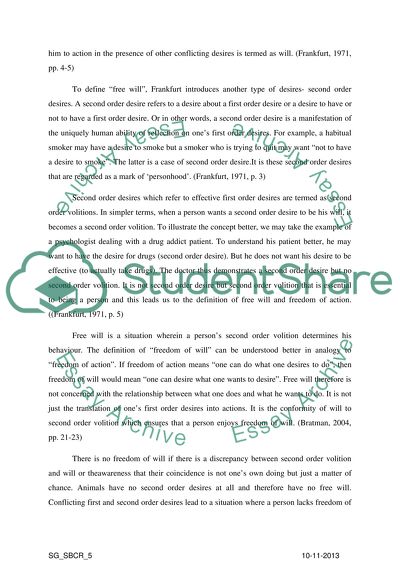Cite this document
(“Frankfurts notion of Second Order Volition Essay”, n.d.)
Frankfurts notion of Second Order Volition Essay. Retrieved from https://studentshare.org/philosophy/1490899-frankfurts-notion-of-second-order-volition
Frankfurts notion of Second Order Volition Essay. Retrieved from https://studentshare.org/philosophy/1490899-frankfurts-notion-of-second-order-volition
(Frankfurts Notion of Second Order Volition Essay)
Frankfurts Notion of Second Order Volition Essay. https://studentshare.org/philosophy/1490899-frankfurts-notion-of-second-order-volition.
Frankfurts Notion of Second Order Volition Essay. https://studentshare.org/philosophy/1490899-frankfurts-notion-of-second-order-volition.
“Frankfurts Notion of Second Order Volition Essay”, n.d. https://studentshare.org/philosophy/1490899-frankfurts-notion-of-second-order-volition.


